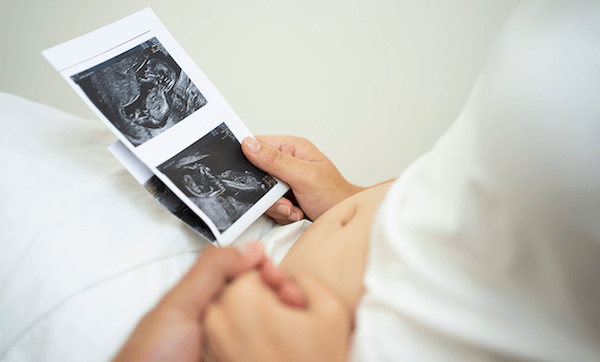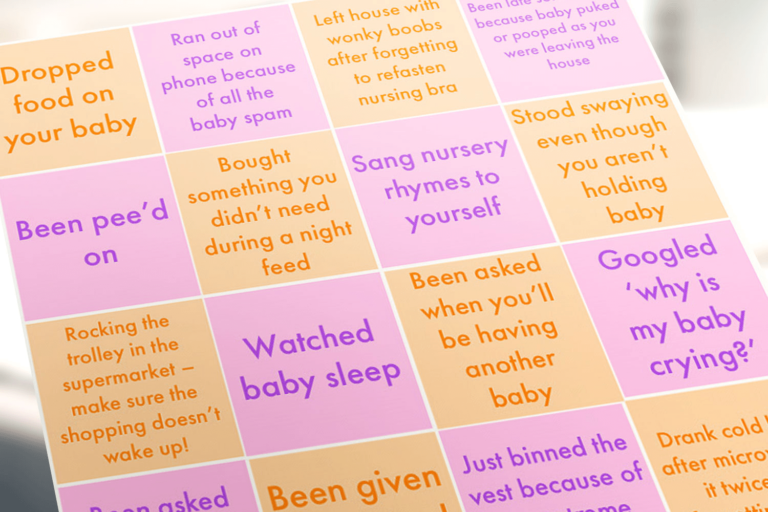Medicines to Avoid During Pregnancy – What You Need to Know

Congratulations on your pregnancy! It’s a beautiful and exciting time, but it’s also important to be mindful of what you’re putting into your body. While many medications are safe to use during pregnancy, there are several that you should avoid to prevent potential harm to your baby.
Why Some Medications Are Risky During Pregnancy
Certain medications can cause birth defects, pregnancy loss, and developmental issues. Unfortunately, not all healthcare providers agree on which medications are safe and which should be avoided, leading to confusion among expectant mothers. This guide aims to clarify some common medications to avoid during pregnancy and why they pose risks.
Common Medications to Avoid During Pregnancy
1. NSAIDs (Nonsteroidal Anti-Inflammatory Drugs)
NSAIDs, including ibuprofen, aspirin, and naproxen, are commonly used to treat pain, inflammation, and fever. While they are generally safe during the first and second trimesters, it is advisable to avoid them during the third trimester. NSAIDs can increase the risk of premature closure of the ductus arteriosus, a vital blood vessel in the fetus.
2. Accutane (Isotretinoin)
Accutane is a potent medication for severe acne but is known to cause serious birth defects if taken during pregnancy. Women prescribed Accutane are required to use two forms of birth control and undergo regular pregnancy tests to ensure they are not pregnant while taking the medication.
3. ACE Inhibitors
ACE inhibitors, used to treat high blood pressure and heart failure, can be harmful to a developing fetus. They can cause lung and kidney problems and other complications. Pregnant women should discuss alternative treatments for managing blood pressure with their healthcare provider.
4. Anti-Seizure Medications
Some anti-seizure medications, such as phenobarbital and valproic acid, can cause birth defects. Women with seizure disorders should consult their doctors to find safer alternatives during pregnancy.
5. Antidepressants
While some antidepressants are safe during pregnancy, others are not. It is essential to consult with a healthcare provider to find the safest option. Untreated depression can also pose risks, so finding a balance is crucial.
Also read: Debunking Common Misconceptions About Cord Blood Storage
Safe Medications During Pregnancy
1. Antacids
Antacids containing calcium carbonate, such as Tums and Mylanta, are generally safe and provide an additional dose of calcium.
2. Acetaminophen
Acetaminophen, found in Tylenol, is safe for short-term use for pain and fever.
3. Antihistamines
Diphenhydramine (Benadryl) is commonly prescribed, and some healthcare providers recommend loratadine (Claritin) and chlorpheniramine, though opinions on their safety during the first trimester vary.
4. Antidiarrheal Treatments
Kaopectate can be used in limited amounts and for short periods. However, always consult your healthcare provider first.
5. Fiber Laxatives
Laxatives like Metamucil are safe for constipation relief during pregnancy.
6. Cough Medications
Cough suppressants containing dextromethorphan, such as Robitussin and Vicks 44, and expectorant Mucinex are safe.
7. Nasal Sprays
Steroid nasal sprays can be used to relieve stuffy noses.
Conclusion
Being mindful of the medications you take during pregnancy is crucial for the health of both you and your baby. Always consult your healthcare provider before starting or stopping any medication. By understanding which medications to avoid and which are safe, you can better navigate your pregnancy journey with confidence and care.
Also read: Can You Take Pepto-Bismol During Pregnancy?






